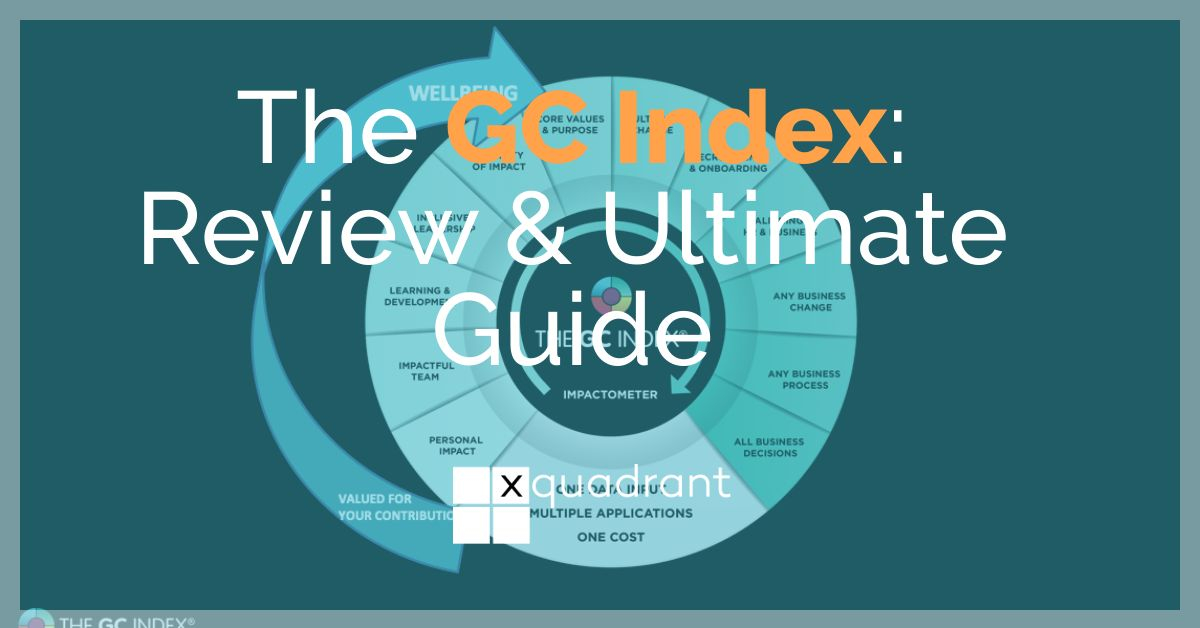If you’re an entrepreneurial, visionary leader but are frustrated at your team’s performance or their reluctance to ‘get on board’, the good news is there’s a huge opportunity to increase performance.
There’s an essential leadership perspective on your team that you may actually feel is holding you back, but in fact can make all the difference.
A board of directors in conflict over future strategy
I was on the board of a non-profit several years ago and there was tension in the air! The market had changed dramatically over the last couple of decades and signs of decline were starting to appear. As someone inclined to look at the world through a lens of innovation and growth, I had rather bold ideas to reimagine how we functioned and raise our game. A number of other people shared my perspective.
Others on the board, however, were strongly opposed to what they saw as ripping up the success formula that had got us to where we were. They argued that we needed to get better at what we were already doing, whilst tightening our budget to reflect the facts of the situation.
The situation got heated. We were at risk of splitting into factions.
This is a classic progressive/conservative situation. In my clients, this often shows up as “visionary CEO vs pragmatic COO”.
But before I explain how we resolved the situation, let’s step back and understand the leadership perspective that held the key to unlocking this situation.
More...
The reality-check brought by the Operator perspective
Through our coaching and consulting work with leaders and teams, we’ve observed that we all see the world through five “lenses”. These are filters that govern how we see the world, and how we lead as a result. We tend to use one primary lens (our default way of seeing the world), but can deploy all of the lenses to a greater or lesser degree depending on the situation.
Working with teams at all levels, we’ve seen that one lens, that of the Operator, has the potential to bring incredible operational effectiveness - but also be frustrating to others on the team if misunderstood!
Here’s a quick pen-sketch of the Operator. Take a minute to see whether this is your primary lens, a lens that you value and can use when necessary, or a lens that is rather uncomfortable for you and used only occasionally.
Leadership Lens:
The Operator
The Operator lens is the perspective of efficient EXECUTION, pragmatic task DELIVERY, and DUE DILIGENCE. The Operator lens encourages us to ask:
- How, practically, are we supposed to get this done?
- Is it worth the risk/investment?
Sweet Spots: Bringing a Reality-check
Blind Spots: Chemistry
Summary
A pragmatic, task-focused viewpoint, the Operator lens is the primary perspective of around 30% of the population. The operator viewpoint is typically felt around the table, though it’s generally not the most forceful.
Special forces agents as well as CFO types!
We need to deal with one misconception before we continue. It would be a mistake to imagine that all Operators come across as traditionalist stick-in-the-muds.
Whilst some certainly are bastions of stability (your classic “CFO type”), others are action-orientated problem-solvers who want to roll up their sleeves and put out the fires in the business. Think of the special forces soldier, parachuted behind enemy lines: they’ve done their planning, they’ve thought through contingencies and scenarios, and they’re attuned to any change in their operating environment.
What both variants share is a robust pragmatism driven by an uncompromising acceptance of the facts of the situation.
The key to closing the gap between visionaries and pragmatists
In our non-profit board, understanding the Operator lens (as well as the more visionary, innovative perspectives of the other lenses) helped us to realise that we were actually on the same side but that we weren't properly using each others’ talents.
Those of us who saw the Operators as resisting change hadn’t properly understood that they deeply cared about the organisation and didn’t want its precious resources to be squandered on unproven ideas until we’d done our due diligence.
We’d thought we could work around the Operators, but it soon became apparent that (i) that would be an exhausting fight, and (ii) the Operators were actually our greatest ally in actually executing whatever we decided to do! Once an Operator is in possession of the facts and agrees with the course of action, they’re unstoppable!
As the Operator lens accounts for 30% of people, we couldn’t ignore them anyway if we wanted to bring the whole organisation along with us! An Operator fully committed to the plan is an incredible asset for any change leader who needs to get the organisation on board, because they are seen as a safe pair of hands that people can trust. Not all visionary leaders would be able to claim as much!
And for the operators on the board, they started to understand that their lens of “manage the facts, don’t take unproven leaps into the future” also had its limits when faced with the need to snap out of gradual decline. They started to give the more entrepreneurial individuals on the board some more leeway to experiment and try things out.
Most importantly, both sides began to understand and value each others’ perspective. We learned to harness the Operator’s execution discipline and commitment to ask the hard questions; and balance that with more creative, experimental initiatives.
Activate an Operator
Who is the serious, grounded pragmatist on your team? Who’s unswayed by big visions and unproven innovations? Who wants to solve the practical immediate operational issues facing the team? Chances are you’ve found an Operator.
Remember, Operators bring a valuable reality-check (due diligence, tough questioning) and operational efficiency (systematic execution) to teams. They tend to be heard, but can come across as overly negative and unintentionally create friction with more future-focused types.
A simple way to start is to invite an Operator to ask the 3-7 most important questions to be resolved before a major decision is made. Often they can think of 100 important questions, but by asking them to prioritise those and then treating those questions seriously, the team gets the best from the Operator’s perspective.
ACTION POINT: What’s the specific action you can take to activate an Operator in your world today?



